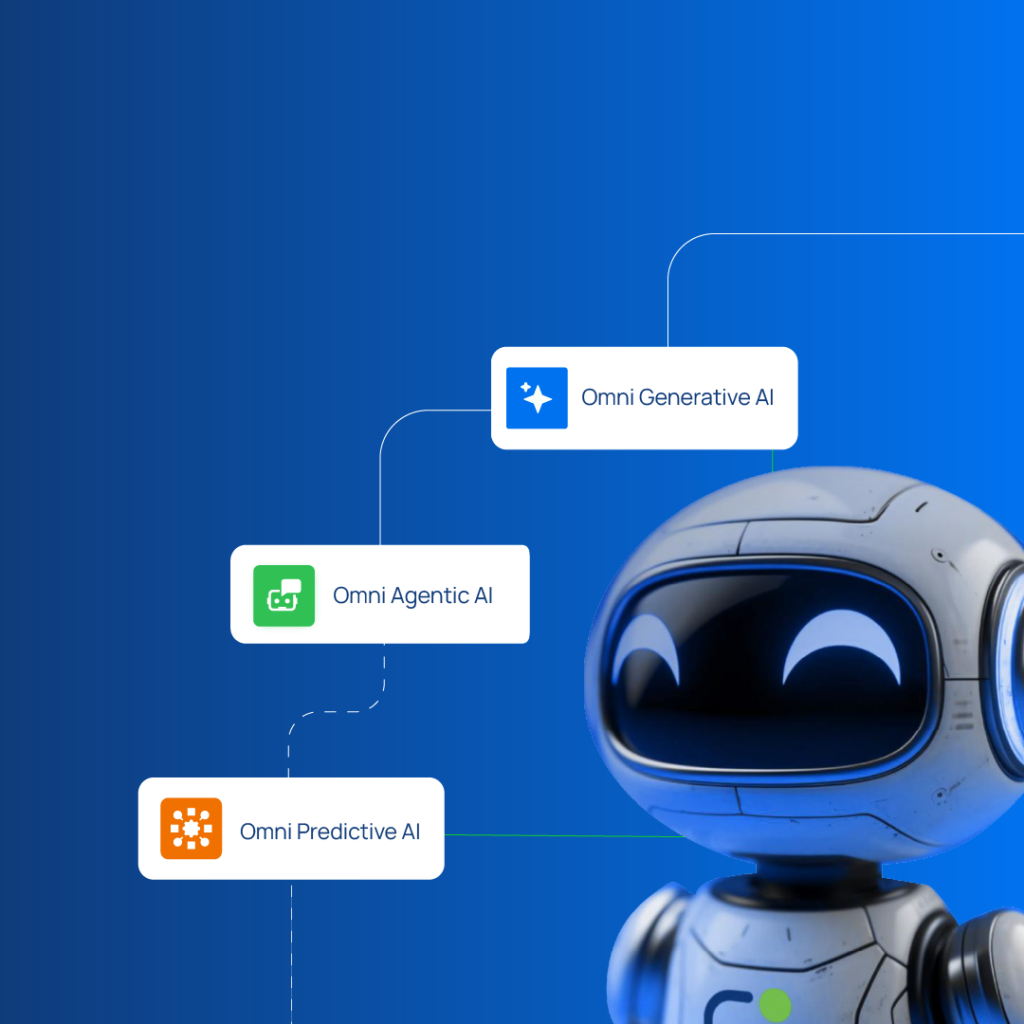Blog
How to segment a Marketing Strategy


In the marketing world, segmentation is a fundamental practice to achieve success in any type of strategy, especially in promotion and sales. Segmentation consists of dividing the target market into smaller, more specific groups with similar characteristics and needs. By focusing marketing efforts on specific segments or groups, companies can personalize their messages and offers, thus improving the effectiveness of their campaigns. In this article, we will learn about the importance of segmentation in a marketing strategy and highlight some of the tools that automate this process.
The Importance of Segmentation in Marketing
In-depth knowledge of the target audience: Segmentation allows companies to better understand their audience, identify behavioral patterns and specific needs. By dividing the market into smaller segments, more detailed information can be obtained about consumers, such as their preferences, interests, demographics and buying behavior. This facilitates the creation of messages and products that are tailored to each segment, thus increasing the likelihood of campaign success.
Personalization: One of the main advantages of segmentation is the ability to send personalized messages, offers and products or services to each segment. By knowing the needs and preferences of customers, companies can tailor their communication to make it more relevant and attractive to the user. Personalization creates a stronger connection with consumers (increased engagement) and increases the chances of conversion, customer loyalty and satisfaction, which has a positive impact on brand image and sales.
Resource allocation efficiency: By targeting marketing efforts to specific segments, companies can optimize the use of their resources at all levels. Instead of implementing general campaigns that may not be effective for all consumers, segmentation allows focusing resources on segments that are more likely to respond positively. This saves the team time, money and effort, maximizing the return on marketing investment and allowing the savings to be used to research other environments or create new actions.
Automated Segmentation Tools
CRM (Customer Relationship Management): These are tools that allow you to collect, store and analyze customer data. These platforms can help you automatically segment your customer database based on different criteria, such as company location, number of employees, industry, purchase history, preferences and behavior. Some of the most popular CRMs include Salesforce, HubSpot and Zoho CRM.
Web analytics: Web analytics tools, such as Google Analytics, offer functionalities that allow you to identify behavioral patterns of visitors to a website. These tools give you the ability to automatically segment users according to their device used, geographic location, page views and actions performed on the site, such as clicking on a product or a defined CTA. This provides valuable information to adjust the digital marketing strategy and improve the user experience.
Marketing automation tools: Marketing automation platforms such as Mailchimp allow you to automatically segment customers and prospects based on different criteria. However not all of them have a dashboard with all digital channels such as: push notifications, email, sms, chatbots, WhatsApp Business Api… at this point we highlight indigitall’s customer journey. This tool uses rules and algorithms to divide the contact database into relevant segments. In addition, they offer the possibility of sending personalized messages to each segment and at the best sending time for the reception of the user, which improves the effectiveness of campaigns, workflow automation and management of advertising campaigns.
In conclusion, segmentation is an essential part of a successful marketing strategy. It allows us to better understand consumers, personalize messages and optimize the allocation of resources. With the advance of technology, there are several tools that automate the segmentation process, facilitating the implementation of more efficient and effective strategies. By leveraging these tools, companies can increase the relevance of their messages and improve the customer experience, which in tur











